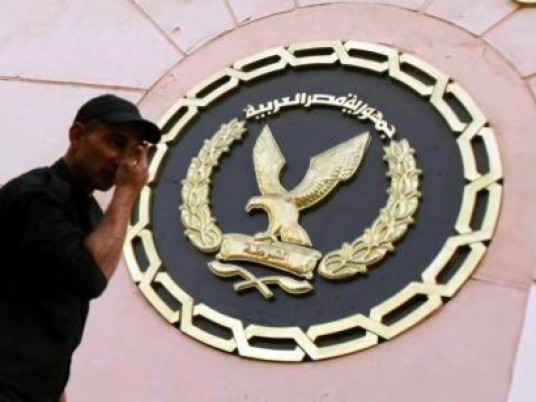Over a year ago, I watched with much amusement a satirical show discuss potential solutions to the then (and now) growing problem of attacks on hospitals by “thugs.” The solutions offered all revolved around changing the identity of hospitals by dressing them up as nightclubs, schools or some other establishment less favored by thugs. The premise was simple: thugs, for some inexplicable reason, just love run-down underequipped hospitals. If we could only restrict their access to hospitals, the attacks would cease.
That idea, in its naivety, is no different than that used for months by many health professionals, activists and journalists to explain the persistent crisis that endangers the lives of both patients and the medical team. Consequently, interventions advocated for were as narrow as the problems presented, demanding that state security apparatuses enforce stricter security measures to protect hospitals and their staff. There were fewer attempts to answer the real question: Why are thugs so into hospitals?
If thuggery were a profession, as we have been so passionately led to believe, it would make little sense for thugs to do business in hospitals over other places. So, it wasn’t until the attacks on hospitals outlasted the generic surge of crime and violence of the early months of the revolution that they were seen in a clearer, and quite complex, context. Thugs don’t particularly love hospitals, and the attacks are not driven by gangs craving the sights and sounds of broken emergency wards, and terrified patients and health workers, encouraged by the lack of security the revolution brought.
Granted, the lack of security did support an increase in the frequency and intensity of attacks, but such incidents can be traced back to around the time when the Egyptian health system started its legendary descent into failure. Most doctors will assent to that. For years now, patients, supported by their family and as many friends who owed them favors as they can get, have bullied their way to medical treatment, and it’s not difficult to understand why.
To many Egyptians, a doctor represents a memory of a painfully long wait, a misdiagnosis, an unnecessary death … any form of negligence that might or might not have been a doctor’s fault, but it sure was someone’s fault, except no one was ever held accountable for it. It is indeed alarming that medical workers are at risk, but we should be as alarmed that people increasingly feel the need to resort to violence to get any decent level of medical care. The lack of security did not cause the violence, it simply allowed for more of it. Similarly, signing protocols between the Ministries of Health, Interior and Higher Education and the Doctors’ Syndicate to enhance hospital security might tone the violence down a notch but, it won’t change the popular resentment towards the health system.
Many must step forward now to claim responsibility for this resentment. Young doctors are thrown out of overpopulated medical schools with minimal training and negligible bedside manners into absurdly low-paid jobs and forced to work under dire circumstances. Most hospitals don’t have infection control protocols – at least none that are enforced – or their staff are not trained to follow them. As a result, many preventable infectious diseases are alive and kicking in Egypt and thrive in our hospitals. Doctors lack the confidence, the knowledge, or both, to perform straight-forward surgeries to patients with blood-borne diseases, denying treatment to these patients. Stigma in the healthcare setting is abound and no medical responsibility laws are in place that protect the right to treatment, confidentiality, and privacy of patients. Hospitals serving major governorates lack doctors of critical specialties – or they can’t be found during their shifts.
A host of doctors make a living out of referring patients of public hospitals to their private practice. People can’t afford health care, but out-of-pocket spending accounts for 70 percent of all health expenditure. The state spends less than 4 percent of its annual budget on health compared to the internationally acceptable average of 12 percent, and a “Universal Health Insurance Bill” is now almost 40 years in the making. Health is a rare commodity, and if people would fight for scarce food during a famine, would they not fight for the life of a loved one, or that of their own?
I do not endorse harassing doctors for medical attention or punishing them for failing to save a life, nor do I believe that prioritizing hospital security isn’t a crucial intervention to contain the situation in the short-term. There are many reported gang/clan fights that were efficiently moved into the hospital when members of either side fell, and that can only be addressed by the presence of well-trained security personnel and the swift response of the police when backup is needed. But, securing hospitals and emergency wards has to be seen as one item on a long list of daunting tasks that must be undertaken to restore people’s faith in the health system.
Amani Massoud is the Human Rights Education and Campaigns Director at the Egyptian Initiative for Personal Rights
This article was originally published in Egypt Independent's weekly print edition.




